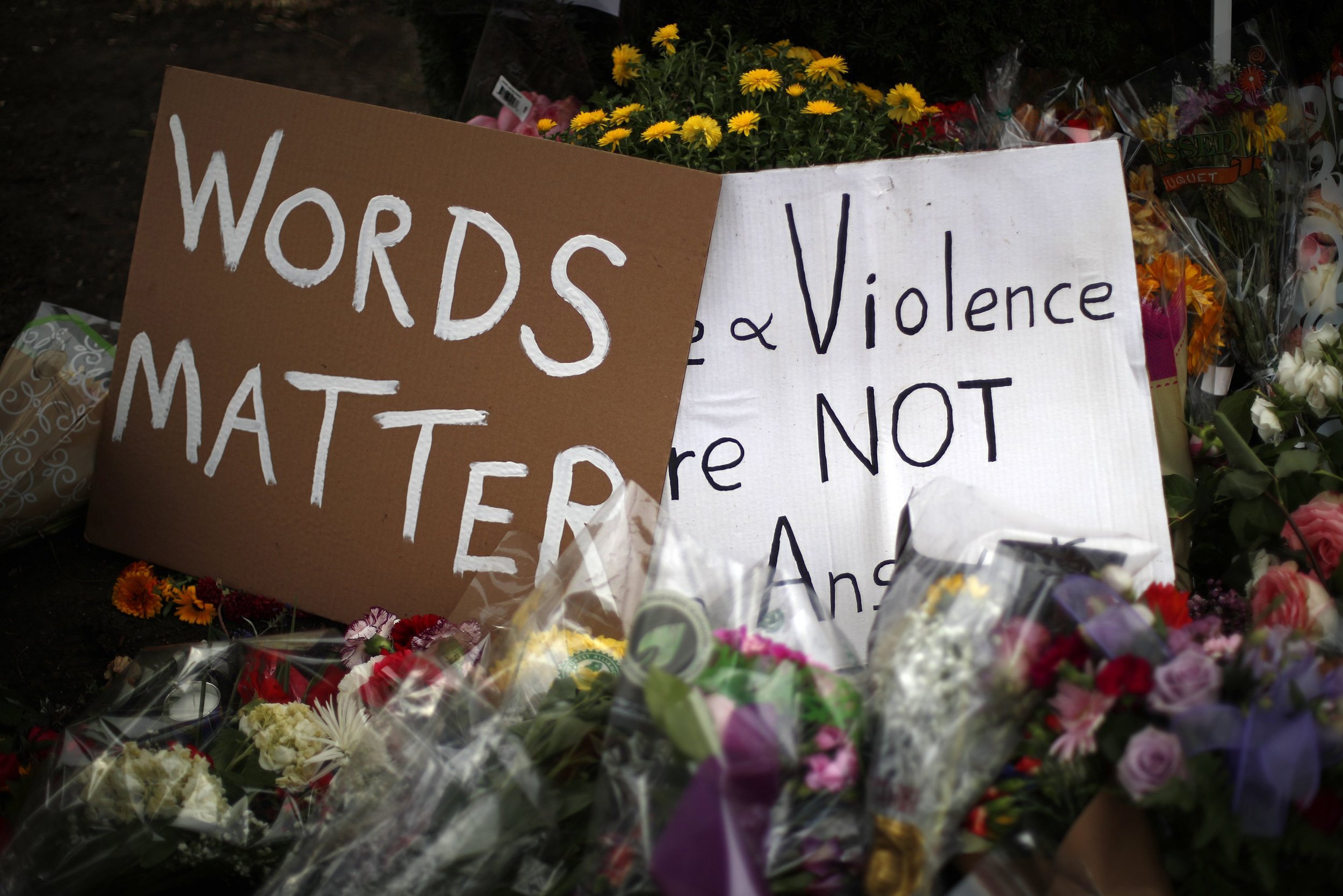Monkeypox: Quash LGBTQIAp+ stigma, deal in facts
The release of Beyoncé’s 7th solo studio album, Renaissance has centered the LGBTQIAP+ creative artists and entertainers who founded and propelled bounce and disco scenes in mainstream pop culture. “Thank you to all of the pioneers who originate culture, to all of the fallen angels whose contributions have gone unrecognized for far too long,” Beyoncé writes in her dedication message. A pivotal influence for Beyoncé was her Uncle Johnny, the family member she described as, “The most fabulous gay man I’ve ever known and I ever knew.”
“He lived his truth,” Beyoncé said during her 2019 GLAAD Vanguard award acceptance speech. “He was brave and unapologetic during a time when this country wasn't as accepting. Witnessing his battle with HIV was one of the most painful experiences I've ever lived.” Given the world’s treatment of the LGBTQIAP+ community, it should not be surprising that the beloved man who inspired the “Heated” lyric, “Uncle Jonny made my dress / That cheap spandex, she looks a mess,” lost his battle against HIV, due in part to the ignorance and intolerance of society and government policies at the time.
As we groove to and celebrate Renaissance, it’s paramount to remember the lives of those living and dead impacted by the HIV/AIDS epidemic. From 1981 - 1985, the virus was able to spread unchecked as there was little interest in curbing the spread of a disease many believed was a punishment from God over “wayward” lifestyle choices. For those who do not know, before HIV/AIDS was understood as a sexually transmitted disease, it was labelled “gay cancer” then Gay Related Immuno Deficieny (GRID). Not only did the disease leave families devastated and lay waste to millions around the world, it created a dangerous precedent throughout the world that diseases are sexual orientation specific.
Recall the scene of Straight Out Of Compton where Eazy-E is diagnosed with HIV, to which he replied “Get the f*** outta here…I ain’t no f*****.” Granted while the film is not an exact historical account, this scene is a true depiction of how the HIV/AIDS virus was perceived at the time. It is testament to why HIV/AIDS stigma is pervasive in society. In 2022, we’re watching the same stigma rear its head as the world grapples with the current international monkeypox outbreak.
"I have decided that the global monkeypox outbreak represents a public health emergency of international concern," WHO Director-General Tedros Adhanom Ghebreyesus announced on July 23, 2022. Here are the facts according to NPR, “The virus spreads through prolonged and close skin-to-skin contact as well as sharing bedding, towels and clothing.”
Unfortunately, it just so happened that, the first few cases that sounded the international alarm were found among gay men who were infected after participating in sexual activity. This mere occurrence has since made monkeypox out to be another “gay cancer”, albeit certainly less life-threatening. It is important to note that monkeypox is not a new disease, but one that was first identified in 1970 in the Democratic Republic of the Congo. In fact, there’s a vaccine and the existing smallpox vaccine was found to be effective in limiting the negative impact of monkeypox. At no point from 1970 to 2021 did we see monkeypox branded as a disease targeting the LGBTQIAP+ community. But the narrative in 2022 is painting this outbreak as the work of gay men. This is dangerous.
Without fear mongering, it is important to note that there have been deaths caused by monkeypox. However in the world we live in today, there is absolutely no need for monkeypox to take lives the way HIV/AIDS has and continues to do. Medically speaking, diseases don’t practice discretion. Cancer, HIV/AIDS, or monkeypox do not know the difference between gay blood and heterosexual blood and the suggestion that monkeypox is a gay man’s disease is nonsensical. Let’s deal in facts, okay? Monkeypox is a public health emergency and it can affect anyone, regardless of sexual orientation, race, or religious creed.


